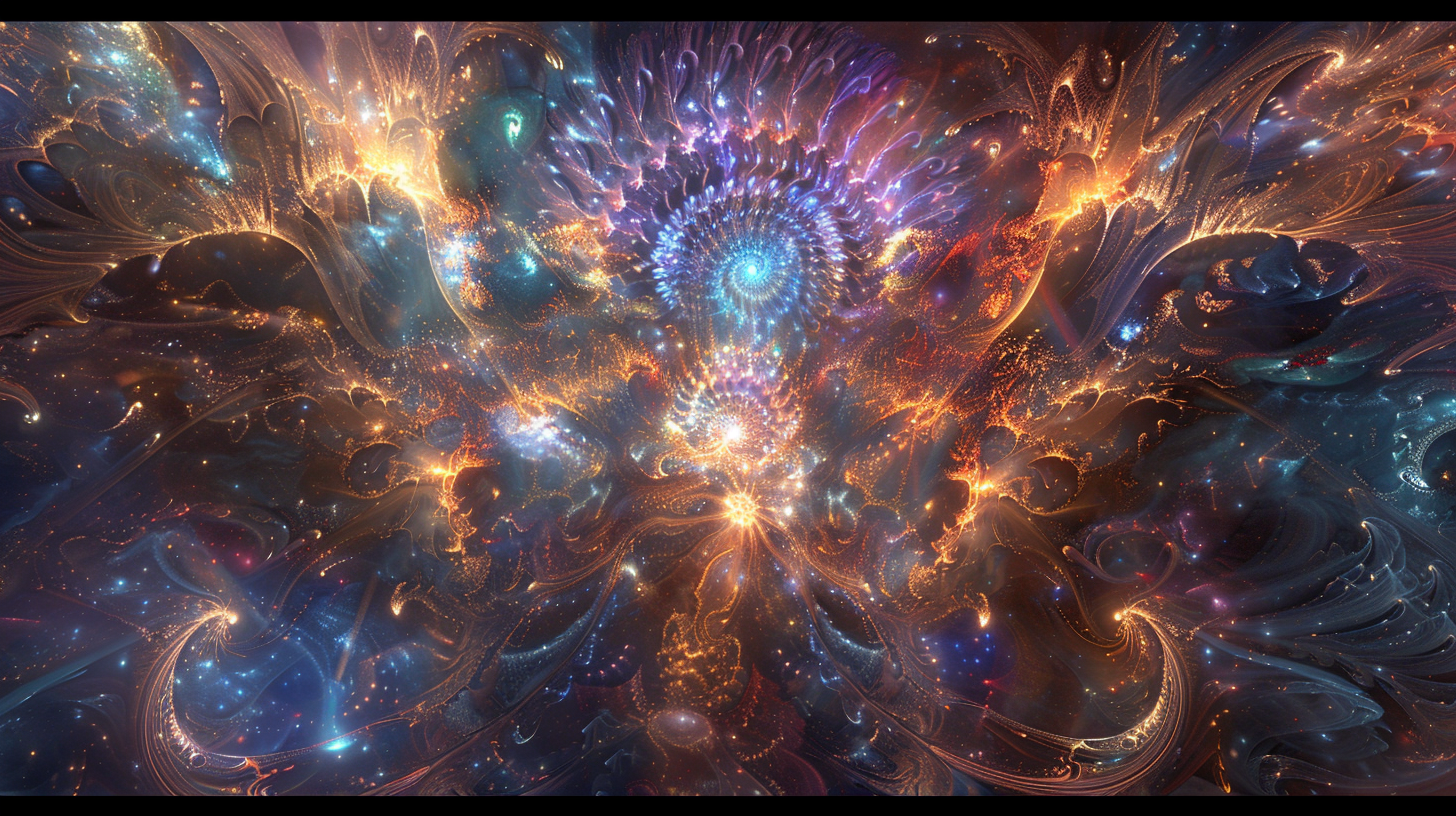A2A is to Agent to Agent as B2C is Business to Consumer as B2B is Business to Business. The digit 2 is used instead of the word “to”, and in each context, A refers to agents, B to business, and C to consumer. So what? Do the distinctions matter? If you have no strategy and don’t care, then no. It doesn’t matter. Signals about demand are irrelevant so they’re spam. If you’re building a strategy, and care about an outcome, then maybe, it could matter. Because understanding how people understand their needs and to value values [1] when assessing whether or not to search or be receptive to a solution, to consider yours versus substitutes (including nothing), to decide if[…]
Tag: startups
Last month, in Free speech and free deliberation, I argued that information rich free speech is the best kind of free speech because it enables free deliberation. The core tension is that in the short-run, the return on misinformation is great. In the medium-run, the cost of misinformation is ruinous. Given that most social media and information retrieval platforms have embraced misinformation contrary to their own medium-run interests, how might we, as individuals and in communities, remain open to receiving information while protecting our freedom of deliberation in the short-run? In this post, I’ll argue that one potential set of measures in the short-run involves the creation of filter foam. Rather than experience the externalities from misinformation, amplified by centralized[…]
Everybody experienced 2024 differently. I experienced quite a bit of variation. Spice World In January, I spent a few weeks touring the Open Source Software (OSS) community in San Francisco. I simulated what it would be like to live and work there. Could I do the best work of my life in that environment? I spent many nights screaming over punk music at Zeitgeist, a few weekends in slush piles with people just so absolutely jazzed to talk about leveraging integrated B2B telephonic technology in the cloud, a couple of evenings with good friends down the Caltrain line, delightful walks in the rain, and a few more evenings the far corners of dimly lit office buildings. I saw multiple versions[…]
Two cluster of events in 2024, so far, have changed my mind about the nature of the entrepreneurial firm: The post I shared in March, 2024 titled Honesty, Error, Deception, Fraud was a direct response a part of what I experienced in January. It represented the most coherent summary of what I thought I saw and heard. The post in May, Non-fictional intent in fictional contexts was a follow-on about belief, make-believe, deception, and self-deception. July’s post on The nature of secrets – a secret having a component of deception and often a non-fictional intent was in part a response to re-reading prior material with new eyes. The nature of belief, self-belief, self-object-belief, deception, self-deception, make-belief, belief-speaking, delusion, performance, performance[…]
It took a lot of effort reconcile two forms of order: letters and numbers. Numbers had identities because they had names. Just as I was picking up the sound of names fourteen, sixteen, seventeen, eighteen, nineteen, and the mysteries of numbers that began with twenty, I became quite frustrated with eleven and twelve. Here were two sets of two symbols with distinct names that didn’t fit. They broke the pattern, the beautiful symmetry, between place and place value. And how I ever despised thirteen as a concept because there was not only was there no firteen nor seconteen. Where was thirteen anyway? It wasn’t on the clock. It wasn’t on any packaging. Good things never came in packages of thirteen.[…]
Perspective coordination can be a need, skill, solution, or a problem. Dawson (2020) defined perspective coordination as: “…a dynamic set of skills that supports human interactions by fostering mutual respect, nurturing creativity, expanding our minds, generating and developing ideas, leveraging conflict, and supporting healthy relationships. Robust collaborative capacity skills are a prerequisite for the development of perspective coordination skills, but you will also find that practices for building perspective coordination skills build collaborative capacity skills. Wheels within wheels.” Dawson, Theo (2020) “VUCA unpacked (3)—Perspective coordination” https://theo-dawson.medium.com/vuca-unpacked-3-perspective-coordination-13e722981ce6 Retrieved 1 Jan 2024 And Dawson provided a helpful concept map: Why might perspective coordination might be a need? It’s because you need people. If you had total independence, total freedom from dependents and their dependencies,[…]
I want to believe that the current generation of applications powered by Large Language Model (LLM) don’t represent the height of the state of the art for prediction machines and that no single firm will reach 80% market share and go onto dominate the generative era. I want to believe that the future is quite open, and that these early returns we’ve made in applied machine learning can compound. It’s because I want to believe so much that it’s worth questioning the assumptions. What might cause the future to become closed? Does OpenAI scan its API logs for good ideas? In 2023, a surge of founders developed skins for OpenAI’s ChatGPT. Some based their startup on enabling a user to[…]
I’m sorting out much of what I read of Gregory Bateson (1904-1980). And in his tradition, I’m going to make connections and then try to stand above it. Come and play. My entry point was Steps to an Ecology of Mind (1972), then I shot off into A Sacred Unity: Further Steps to an Ecology of Mind Edited by Rodney E Donaldson (1991) and then Nora Bateson’s Small Arcs of Larger Circles (2016). I’ve been thinking a lot about the question David Graeber and David Wengrow asked in The Dawn of Everything (2021): why do groups of people differentiate? Bateson’s observation of schismogenesis – a combination of the word schism and genesis – is “a process of interaction whereby directional[…]
Why is it easier for an individual to identify a valuable problem and solve it in a startup than it is in a business? Will be the same in most Decentralized Autonomous Organizations (DAO)? In this post, I’ll argue that information is a key enabler that makes it all the easier for an individual to identify and solve valuable problems. If we’re in the age of information, then why does information seem so scarce? The reasons for information scarcity are many and emergent, including status-quo preservation and self-identity protection. To understand the resistance to solving a valuable problem, it’s useful to think of Lock-In [1] and to mark the distinctions between startups, businesses and DAO’s. A startup is not a[…]
It’s quite astonishing to think about just how much human knowledge exists, and just how diffuse its distribution is. It’s hard for any individual to tell. There are clues though. Knowledge is a major way that people create distinctions among one another, so it stands to reason that you can get a sense for how knowledge is distributed by looking at the distinctions people make amongst themselves. The knowledge of French and the knowledge of English creates a distinction between two rather large groups. The knowledge and application of ancient stories is another. The knowledge of how to shape a piece of wood, or stone, or glass used to be a pretty huge distinction. There are entire identities put in[…]










